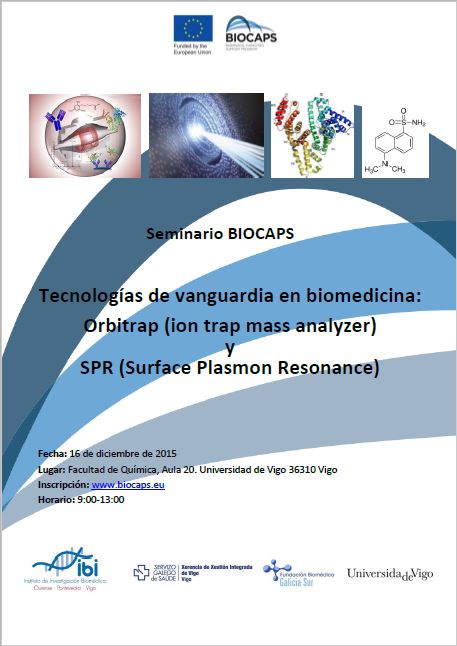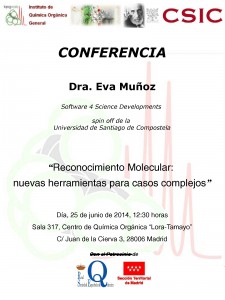In the second part of this course, we are going to show you how to perform the analysis of binding isotherms considering an independent sites approach.
This approach uses a reaction scheme based on the binding of the ligand to individual sites present in the receptor and considering that all the sites are independent; thus, it supplies site binding constants.
This approach offers a sole reaction scheme where a receptor with a certain number of sites “n” binds to the ligand.
The sites are grouped into sets to discern between sites that are non-equivalent.
If you want to know more about how to get the stoichiometry (number of sites) and site binding constants with the independent sites approach you can click here:
Stoichiometric and site constants – two approaches to analyze data with AFFINImeter
The first video tutorial presented is about how to use an independent sites approach to perform fittings:
——————————————————————–
Into another subject, to introduce the second fitting approach that can be performed with AFFINImeter (Stoichiometric equilibria), we will describe how to use the model builder.
This original tool allows to design and apply your own binding model in an easy way. Check the following video to know the versatility of the model builder:
Finally, if you want to try the Model Builder click here:
Model Builder



